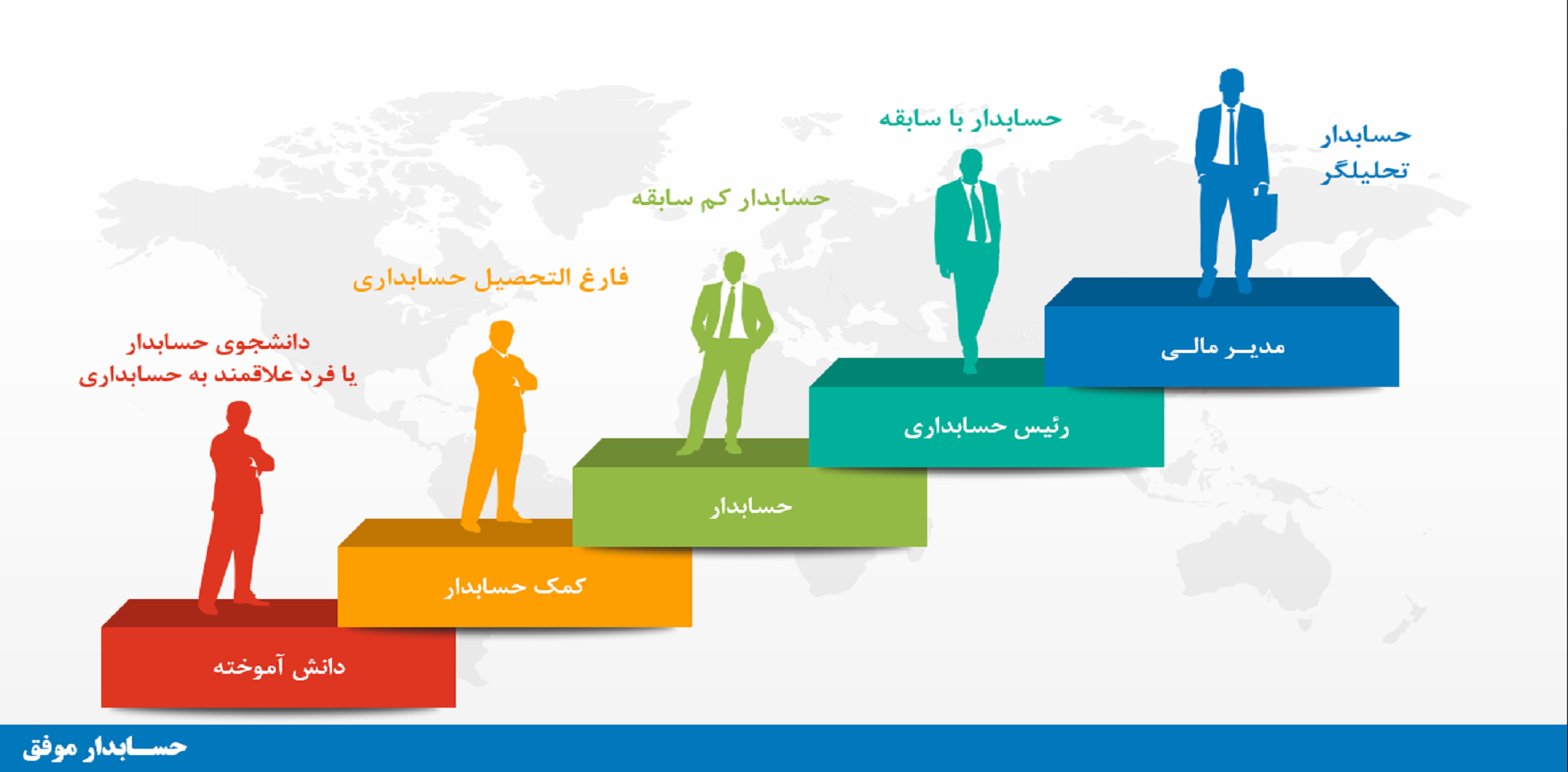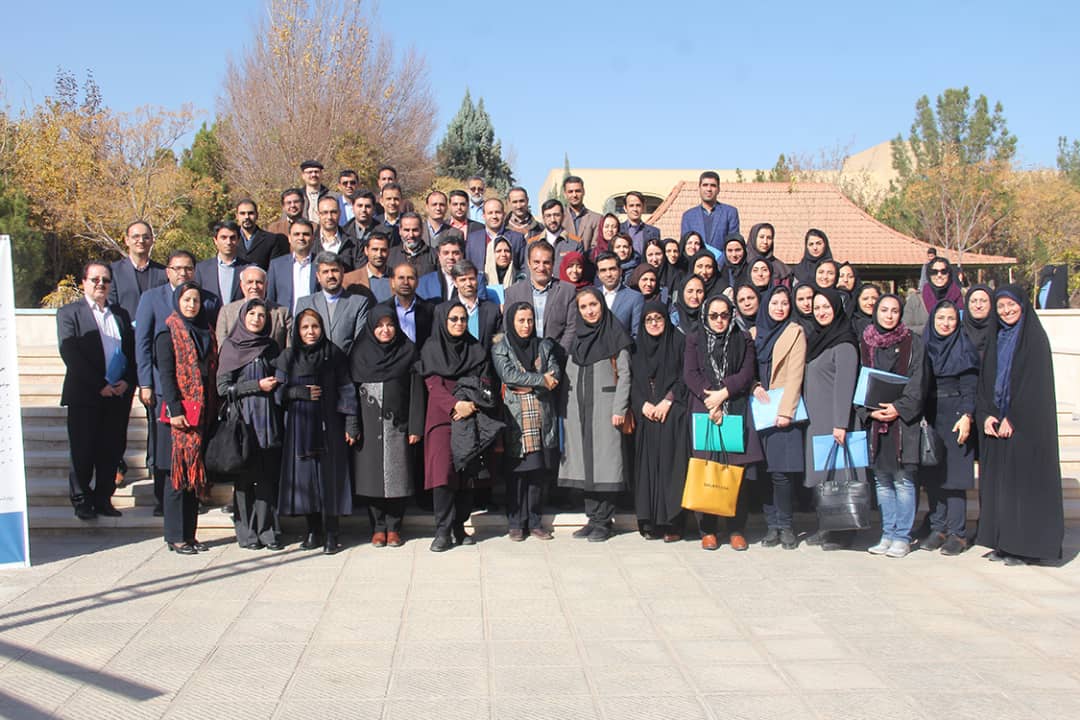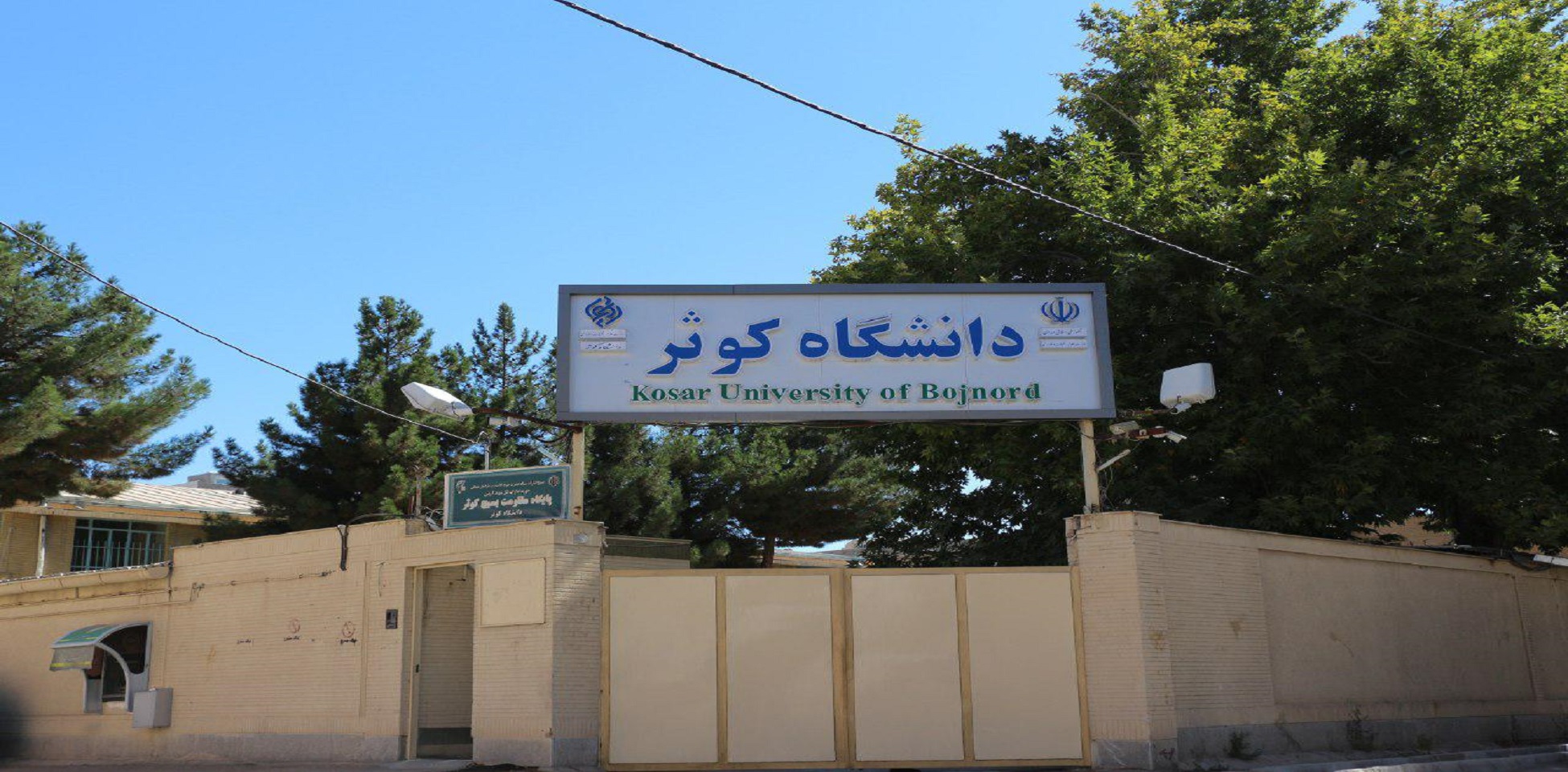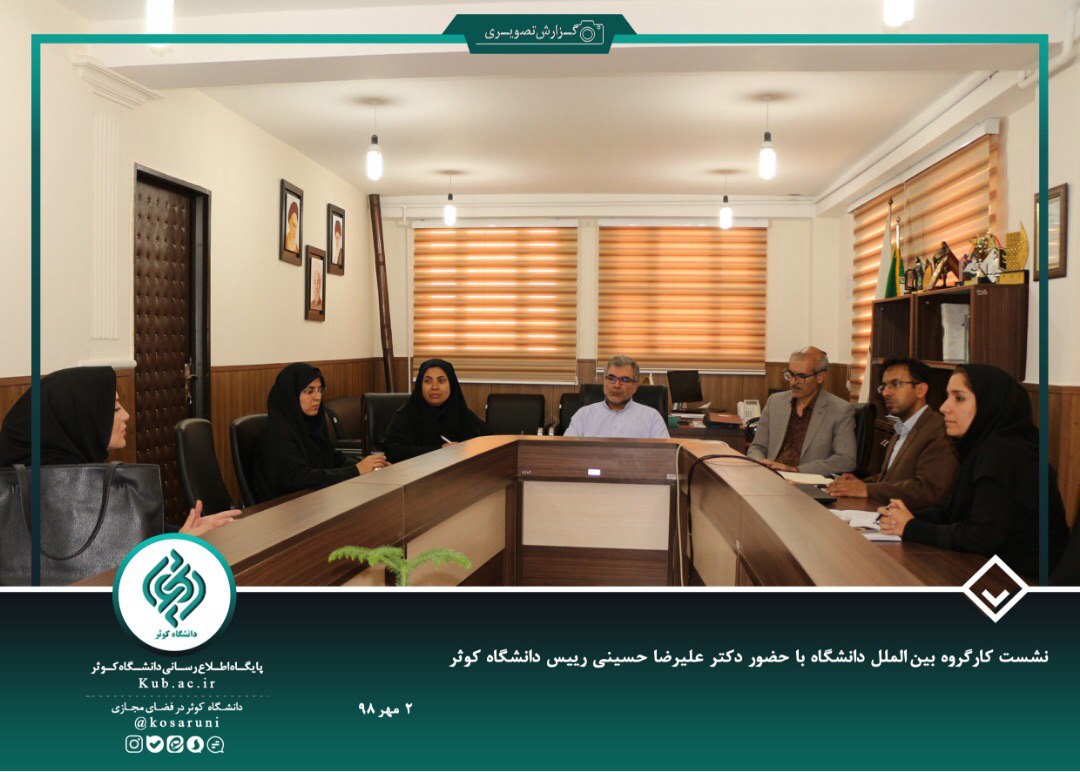
The rapid changes in modern society of accounting or "business language" are used in the recording and analysis of basic economic information in various institutions. It has made it very complicated. The accurate and accurate decision making of the trusted source of reliable information for desirable distribution and the use of scarce national resources is very necessary. Therefore, accounting plays an important role in the social and economic system of each society.
In the changing world of commerce and industry, the role of accounting has evolved practically and gradually, and in addition to the task of control, which is a very natural result of accounting, it has also played a major role in business planning and economic forecasts.
In the changing world of commerce and industry, the role of accounting has evolved practically and gradually, and in addition to the task of control, which is a very natural result of accounting, it has also played a major role in business planning and economic forecasts. Accordingly, the curriculum of the Bachelor of Accounting in the Committee for the Study of Science and Management of the Department of Humanities at the headquarters of the Cultural Revolution has been elaborated. The general characteristics of the curriculum and the course syllabus of this course have been approved as follows.
Definition and purpose
Bachelor of Accounting is one of the major fields of higher education that aims to educate and train professionals and experts in accounting and auditing.
Management tasks in economic institutions begin with planning and control and supervision. Planning and control make financial resources and human resources co-ordinated in ways that benefit the community and maximize efficiency.
The accounting system plays an effective role in planning and controlling the operations of the community's economic institutions. Accounting not only provides management with the information that is the basis for setting up plans and programs, but also provides information on how to implement these plans and programs, and management can, by analyzing them accurately, evaluate the way in which operations are performed. And identify the causes of inefficiency and make appropriate decisions in each case.
Role and ability
Graduates of the Bachelor of Arts degree have the ability to work in the business and play the following roles.
1. Perform all accounting affairs in commercial institutions, banks and manufacturing and industrial units
2. Enterprise of all accounting affairs in state institutions and municipalities
3. Occupation of the audit profession in the audit firms.
4. Design and implementation of financial systems in commercial and industrial enterprises
5. Graduates of this course, after gaining enough experience, can perform at various levels of financial, accounting, and auditing management.
necessity and importance
The importance and significance of the Bachelor's degree in accounting is well understood by the following points:
1. The financial and financial distress of many manufacturing, government and municipal institutions, and especially national industries, and the impossibility of providing accurate and timely financial reports to these institutions due to the lack of specialized accountants.
2. The inability of audit firms, in particular, state-owned audit firms, to investigate financial reporting of economic units due to a lack of accredited accountants in the audit profession that has caused delays or delays in recent years.
3. Inadequacy of accounting education in universities and vocational training centers and services in the Ministry of Education due to the lack of educated and trained teachers and teachers.
4. Planning and controlling commercial, manufacturing and government operations are generally possible with the help of educated accountants and financial experts, and in many cases the shortage of such individuals has delayed the planning and control of operations.
There is no doubt that the training of accounting experts in universities and institutes of higher education in the short and long term can compensate for many of the shortcomings and shortcomings mentioned above.





